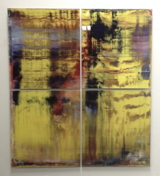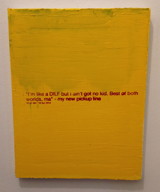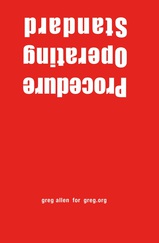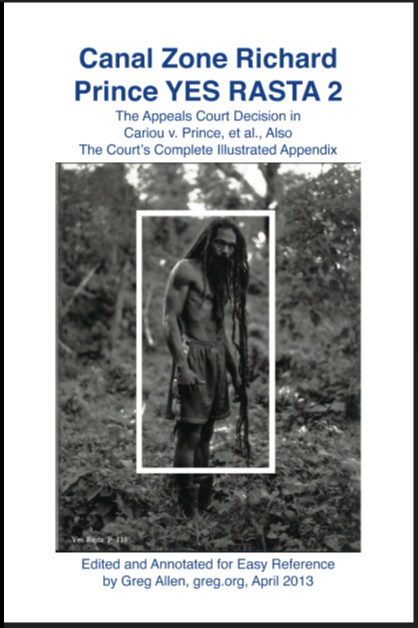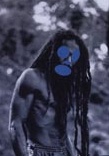From Jay Price's article in the Raleigh NandO: US Coalition US troops in Iraq have come up with this war's equivalent of "kraut," "slope," or "gook." They call everyone--everyone else, that is-- "hajji." It's pronounced the way one soldier scrawled it on his footlocker, "Hodgie Killer."
The ever-present, locally run on-base souvenir shops are called hajji shops; when there are several businesses together, they call it Hajji Town. Iraqis out the window of a Humvee, hajji. Kuwaitis and foreign contractors, hajji.
"This is more of a commonsense thing," said [a CentCom spokesman in Baghdad]. "It's like using any other derogatory word for a racial or ethnic group. Some may use it in a joking way, but it's derogatory, and I'm sure people have tried to stop it."
 Pretty spin-free, for now. Killing Goliath, who pointed me to the story, got an imaginary spokesman's spin that we can only wish was true: it's like the brotherly love of Jonny Quest and his best friend. "but not in a pederasty sort of way," "said" the soldier.
Pretty spin-free, for now. Killing Goliath, who pointed me to the story, got an imaginary spokesman's spin that we can only wish was true: it's like the brotherly love of Jonny Quest and his best friend. "but not in a pederasty sort of way," "said" the soldier.
The real problem is that, to Muslims, hajji is not derogatory at all; it's Arabic for "pilgrim." It's a title of respect and faithfulness, signifying someone who's completed the hajj.
Like gook and kraut, hajji is used to distance oneself and dehumanize the enemy. But unlike past slurs, including GWI favorites like "towel-head" and "sand n***er," hajji also religionizes them. So while Lt Gen. William Boykin preaches with impunity at home about this war against Satan, our unwittingly valiant Christian soldiers are faithfully "mowing down some hajjis" on the front. And intensifying Muslim distrust and hatred of the US.
More later. I'm off to church to pray for forgiveness.
[post-church update: Price's article ran on Oct. 2, and I can't find a single other media source who reports on hajji. Please prove me wrong. An earlier web citation is from August 17, when a Lt Rob Douglas uses it in his letters home, which get published in his local paper.]
Further reading: War Slang: American Fighting Words and Phrases from the Civil War to the Gulf War by Paul Dickson and Paul McCarthy.]



